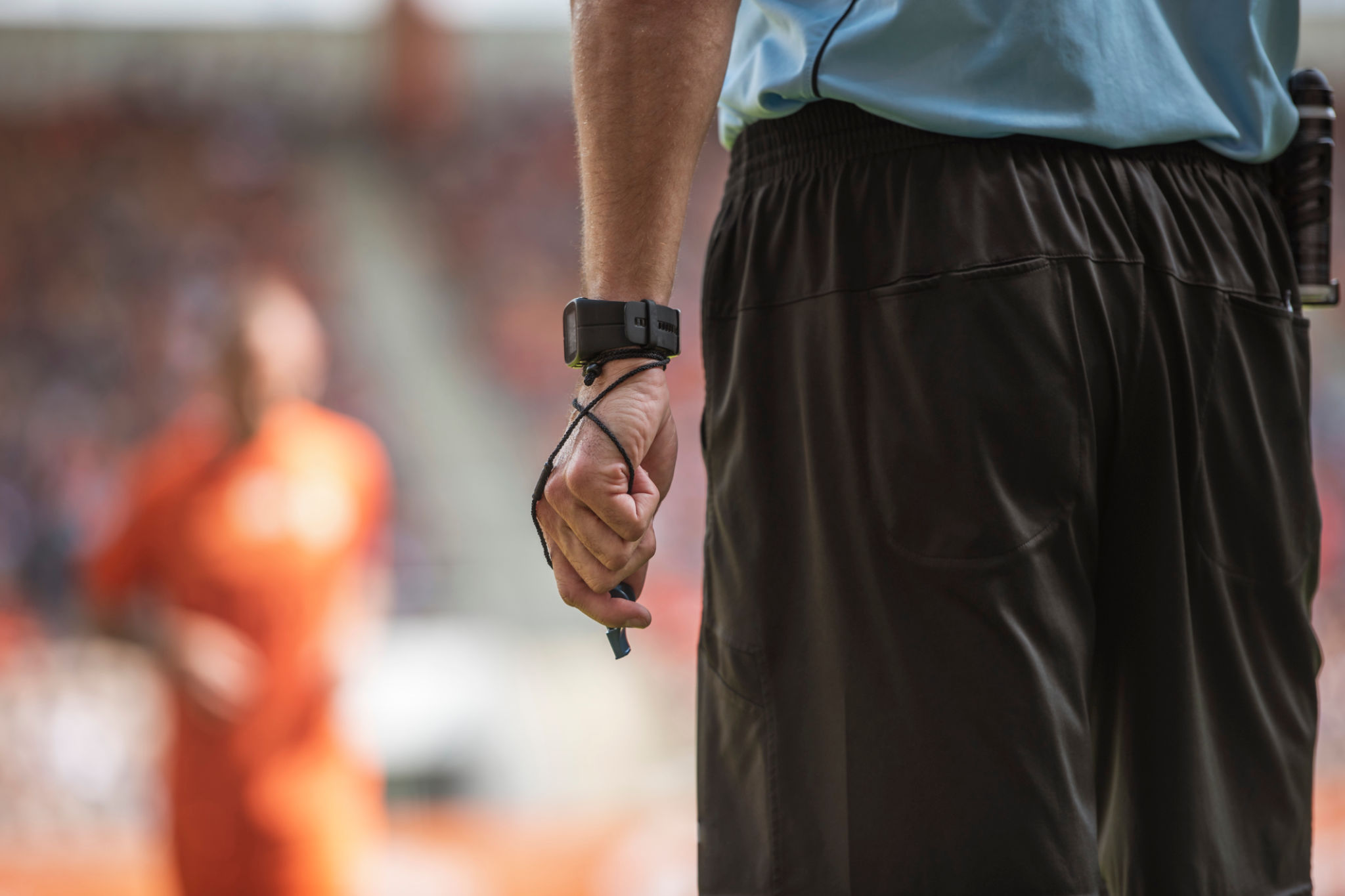The Impact of Local Regulations on Soccer Refereeing in San Diego
Understanding Local Regulations
In San Diego, the landscape of soccer refereeing is significantly shaped by local regulations. These rules are put in place to ensure the safety, fairness, and integrity of the game. While national and international guidelines from organizations like FIFA provide a broad framework, local regulations add a layer of specificity that caters to the unique environment of San Diego. Understanding these regulations is crucial for referees, players, and coaches alike.

Safety Protocols
One of the most important aspects of local regulations in San Diego is the emphasis on safety. Referees are required to adhere to strict safety protocols that include pre-match inspections of the field, ensuring proper equipment is used, and monitoring weather conditions. These measures are designed to protect all participants and minimize the risk of injury.
Referees also play a key role in enforcing player conduct rules. This includes monitoring for dangerous play and ensuring adherence to sportsmanship standards. By enforcing these regulations, referees help create a safer and more respectful playing environment.
Training and Certification
San Diego has specific requirements for training and certifying soccer referees. Local associations often offer workshops and courses designed to improve refereeing skills and knowledge of the game. These programs are essential for maintaining a high standard of officiating and ensuring that referees are well-versed in both the rules of soccer and local regulations.

The certification process typically involves passing exams that test a referee's understanding of the rules and their ability to apply them in real-game scenarios. Continuous education is also encouraged, with opportunities for referees to stay updated on any changes in regulations or best practices.
Impact on Game Management
Local regulations in San Diego also impact how games are managed. Referees must be adept at handling various situations that arise during matches, such as disputes between players or unexpected interruptions. Specific guidelines help referees make informed decisions that align with local expectations.
Moreover, these regulations often dictate how matches should be scheduled and organized. This includes considerations like match duration, substitution rules, and procedures for handling protests or appeals. Such details ensure that games are conducted smoothly and fairly.

Community Involvement
The local soccer community in San Diego plays an active role in shaping and supporting regulations. Community feedback is often considered when updating or refining rules, making it a collaborative effort between regulatory bodies, referees, and other stakeholders. This involvement ensures that regulations remain relevant and effective.
Engagement with the community also helps promote a positive image of soccer in San Diego. By working together, referees and community members can foster an environment that prioritizes enjoyment, development, and respect for the game.
Future Developments
As soccer continues to grow in popularity in San Diego, it is likely that local regulations will evolve to address new challenges and opportunities. Keeping up with these changes is essential for referees who wish to remain effective and respected in their roles.
With ongoing advancements in technology and increased focus on inclusivity and fairness, future developments in local regulations will aim to enhance the experience for all participants involved in the beautiful game.
